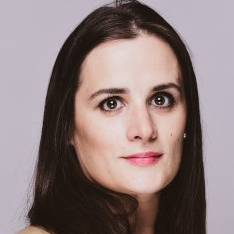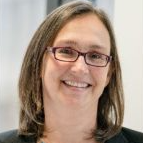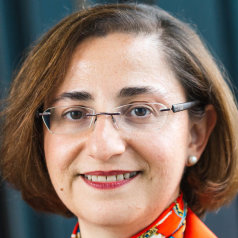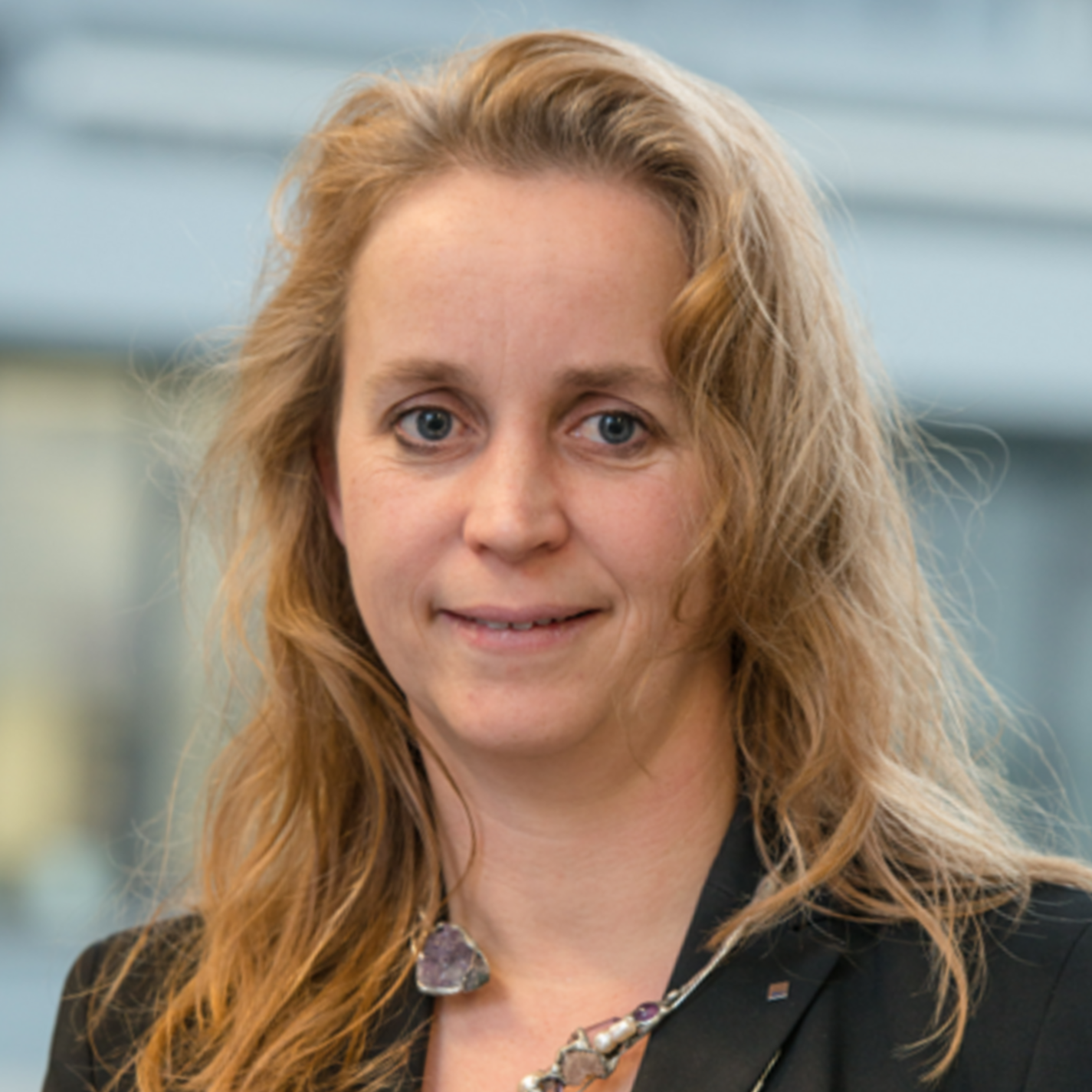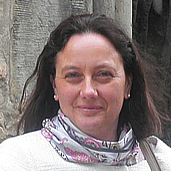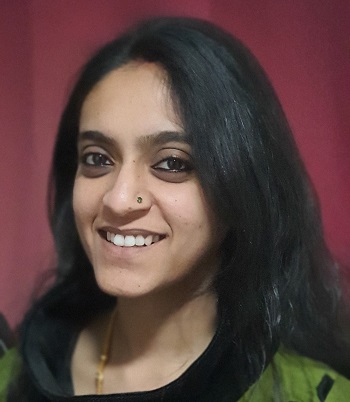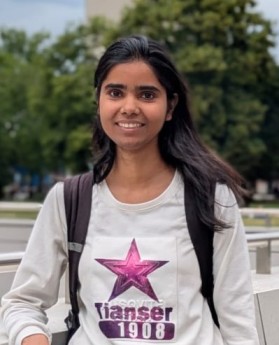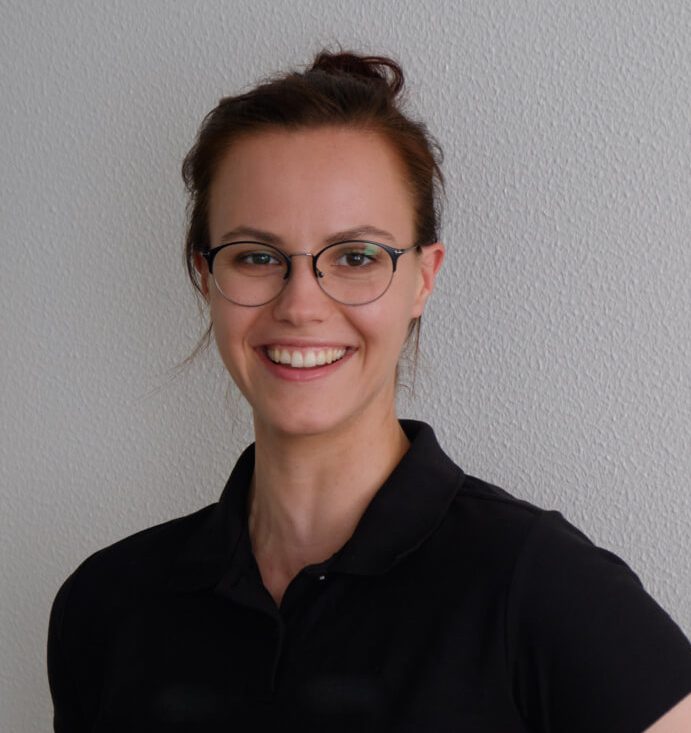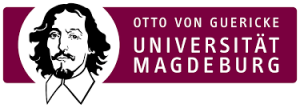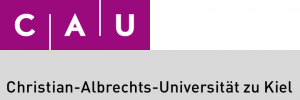Gender Equality
Gender equality and a family-friendly policy are an important part of the CRC.
Targeted measures are used to promote equal opportunities between men and women.
Networking opportunities, workshops, discussion groups and professional training are offered.
The activities are supported by the strong partner universities and their gender equality structures, which have been set up to promote women in science and about which information can be found here.
Successes
OVGU and RUB have established central measures, e.g. to avoid unconscious bias. Within the consortium, this commitment is taken up and supplemented by consortium-specific efforts, such as extensive activities to support the compatibility of family and academic career as well as the promotion of networking among female academics and the establishment of role models.
Increase the proportion of female scientists in sub-project management, which is an improvement from the last funding period and a remarkable success in a primarily engineering science network.
Female Scientists
Pls & Post Docs
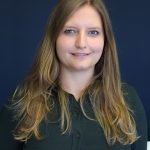
Ruhr University Bochum
Institute for
High-frequency Systems
Universitätsstraße 150, ID-04/354
44780 Bochum
Tel: +49 234 32-26494
E-Mail:
francesca.schenkel
@ruhr-uni-bochum.de

Section of
Biomedical Imaging
Am Botanischen Garten 14
24118 Kiel
Tel: +49 0431-8805856
E-Mail: Maria.Anikeeva@uksh.de
PhDs
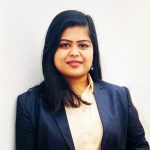
Otto von Guericke University Magdeburg
Institute of
Fluid Mechanics and Thermodynamic
Universitätsplatz 2, G03-213
39106 Magdeburg
Tel: +49 391 67-58198
E-Mail: tanya.neeraj@ovgu.de
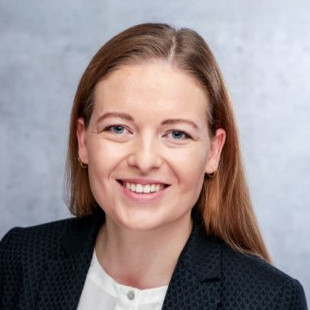
Ruhr University Bochum
Department of
Energy Plant Technology
Universitätsstraße 150, IC-2/107
44780 Bochum
Tel: +49 234 32-26324
E-Mail: hilse@leat.rub.de
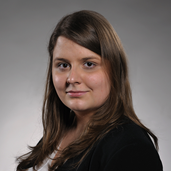
Otto von Guericke University Magdeburg
Institute of
Fluid Mechanics and Thermodynamics
Universitätsplatz 2, G14-5
39106 Magdeburg
Tel: +49 391 67-52336
E-Mail: christin.velten@ovgu.de
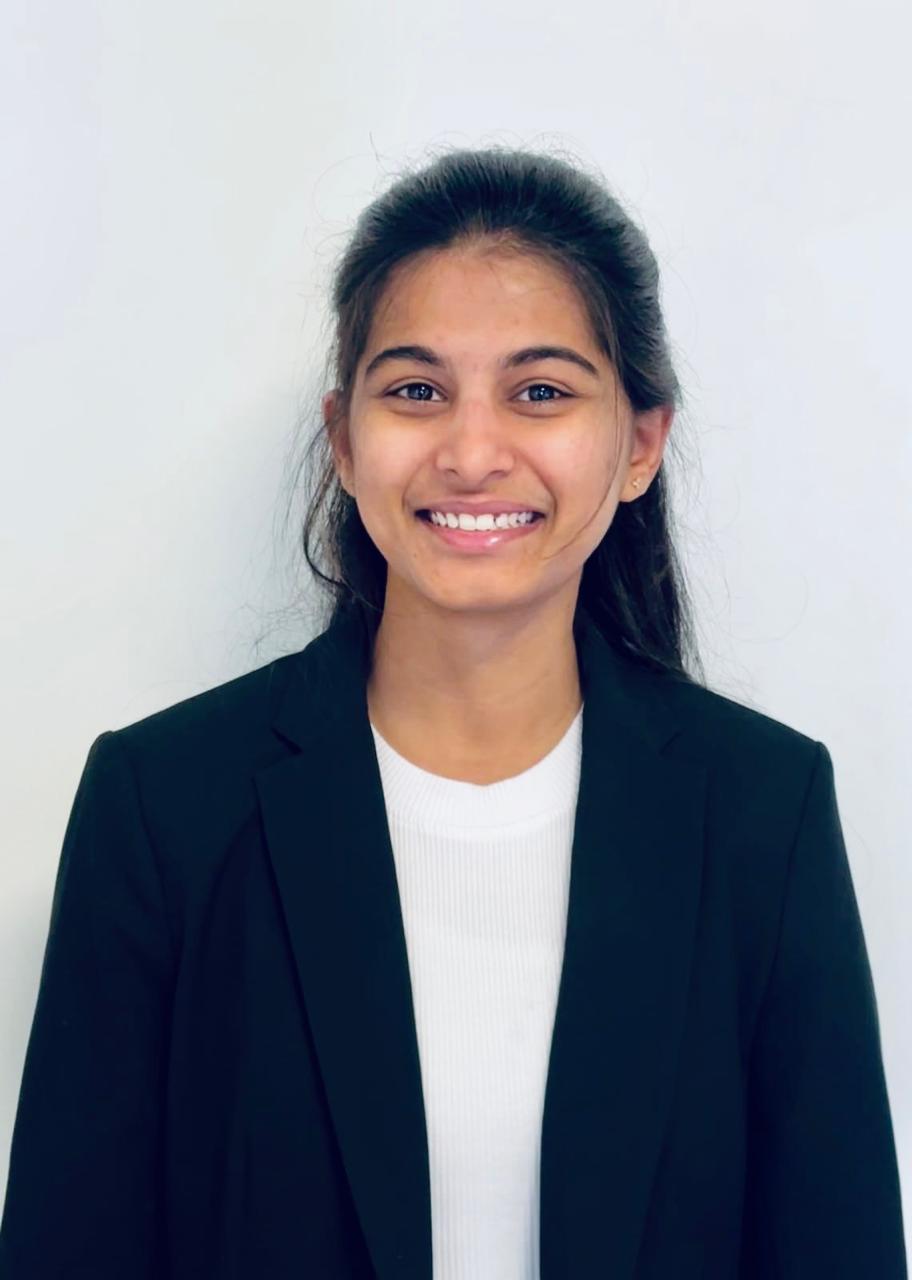
Otto von Guericke University Magdeburg
Chair of
Mechanical Process Engineering
Universitätsplatz 2
39106 Magdeburg
Tel: +49 391 67-54823
E-Mail: lowkya.kandari@ovgu.de
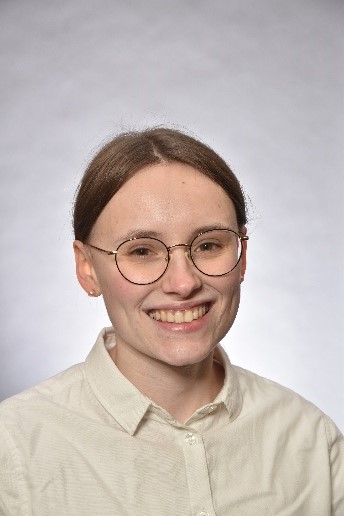
Ruhr University Bochum
Department of
Energy Plant Technology
Universitätsstraße 150, IC-2/107
44780 Bochum
Tel: +49 234 32-22462
E-Mail: golab@leat.ruhr-uni-bochum.de
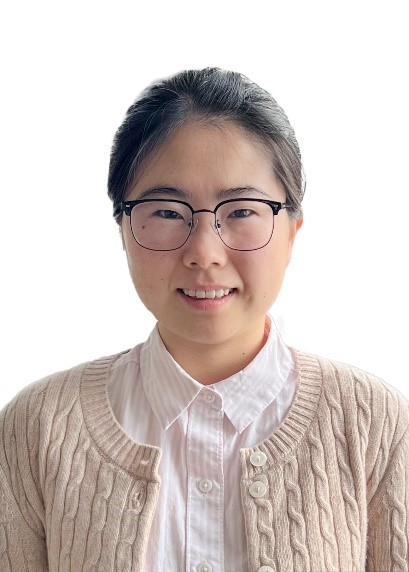
Otto von Guericke University Magdeburg
Chair of
Thermal Process Engineering
Universitätsplatz 2
39106 Magdeburg
Tel: +49 391 67-58267
E-Mail: wenjing.ma@ovgu.de
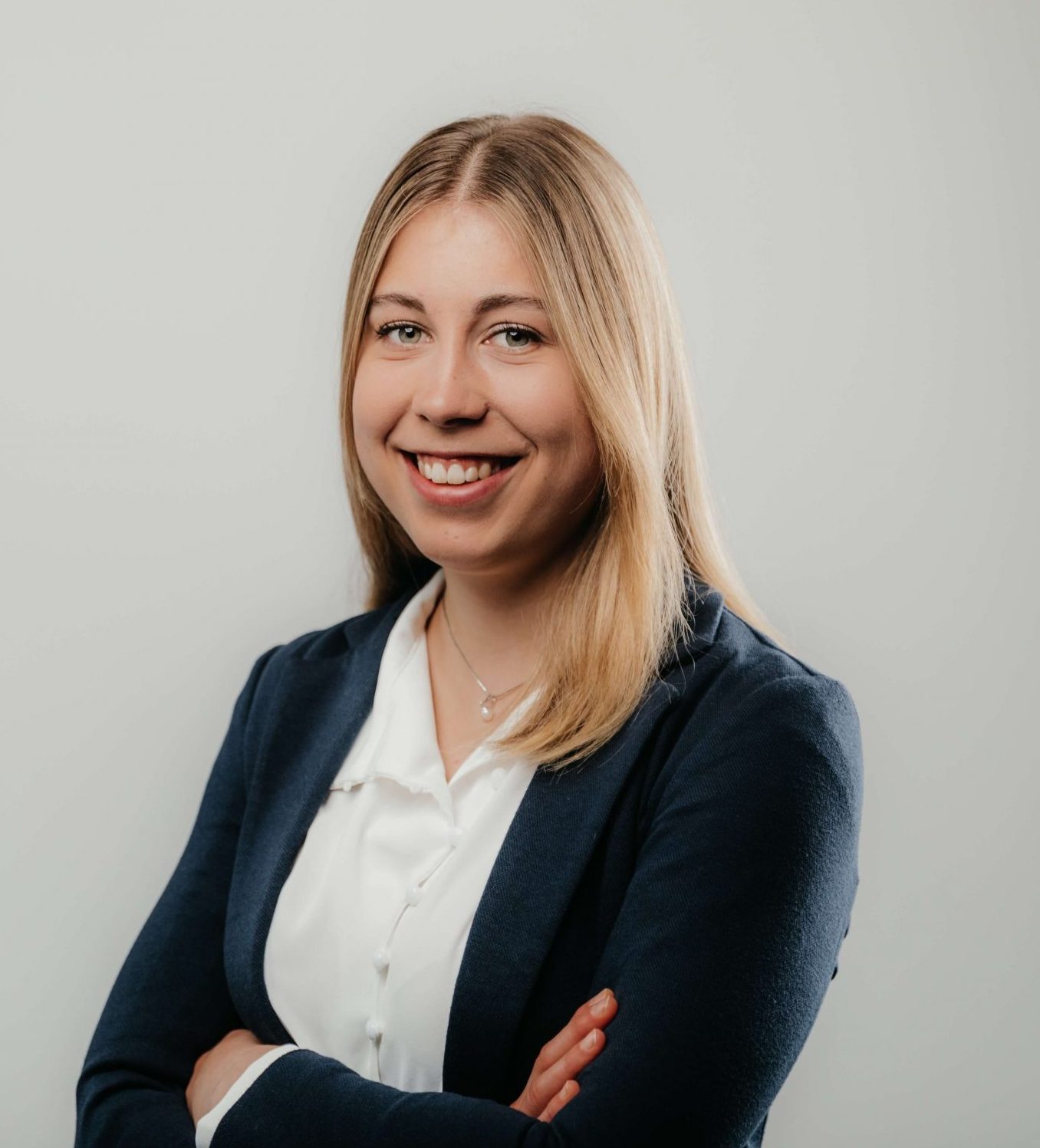
Otto von Guericke University Magdeburg
Faculty of
Process and Systems Engineering
Universitätsplatz 2
39106 Magdeburg
Tel:
E-Mail: Kerstin.huelz@ovgu.de
Measures
Upcoming Events
In the next CRC General Assembly on December 9th, 2025, Desiree Dickerson from Dickerson & Botella S.L. will give a talk with the topic “Leading A Diverse Team”.
Further Links
Retrospective
During the 2nd International Workshop on Reacting Particle-Gas Systems of CRC Bulk Reaction on June 16th-18th, 2025, we offered a specific program for 8 female Master students from RUB, OVGU, Kiel and TUD in the frame of our Gender equality measures.
Besides conference participation (including social activities, lunch, dinner, etc.) the interested students were offered the following program:
- 16.06.25 Talk “Doing a doctorate in Germany” with referee Dr. Barbara Witter from OVGU
- 17.06.25, Workshop “Rethinking Productivity” with Desiree Dickerson from Dickerson & Botella S.L. (Spain)
- 18.06.25 Workshop “Short workshop on career planning” (including e.g. self-reflection; evaluation of preferred working conditions; evaluation of skills and bingo topics) with referee Dr. Christiane Hedtmann from OVGU.
The SFB Team would like to welcome everybody in the project to an onboarding event to connect members of the CRC with different social backgrounds and provide broad information about the possible support at the partner universities.
During this lunch lecture, Dr. Sarah Czerney and Dr. Lena Eckert gave an insight into their books.
Sarah Czerney, Lena Eckert, Silke Martin (2022) Mutterschaft und Wissenschaft in der Pandemie: (Un-)Vereinbarkeit zwischen Kindern, Care und Krise, Verlag Barabara-Budrich-Verlag, ISBN: 978-3-8474-2654-7.
Sarah Czerney, Lena Eckert, Silke Martin (2020) Mutterschaft und Wissenschaft: Die (Un-) Vereinbarkeit von Mutterbild und wissenschaftlicher Tätigkeit, Springer Verlag, ISBN: 978-3658309312.
In order to explore the tension between parenthood, motherhood, other unpaid care work and science. After the lecture, participants had the opportunity for discussion.
Further reading:
Sarah Czerney, Lena Eckert, Silke Martin (Hg.): Mutterschaft und Wissenschaft in der Pandemie. (Un-)Vereinbarkeit zwischen Kindern, Care und Krise. Budrich: 2022
“Nähkästchen extended: Netzwerk Mutterschaft und Wissenschaft” – Podcast from University of Hamburg
“KARRIERE NUR OHNE KINDER?” – Interview with rbb kultur
“Ungleichheit bei Unikarrieren: Forscherinnen durch Pandemie benachteiligt” – Report in Tagesspiegel
Speaker
Dr. Sarah Czerney and Dr. Lena Eckert (Netzwerk Mutterschaft und Wissenschaft)
The workshop addressed gender appropriate candidate assessment during recruitment processes. It presented strategies and good-practice examples on how to avoid gender bias within the recruiting process based on equal treatment of all applicants. Established approaches at both universities were discussed and evaluated with regard to opportunities for improvement.
Speaker
Dr. Steffi Nothnagel (Diversity Consulting)
Strategies to reconcile family and professional life
The workshop analyzed and discussed the results of the evaluation conducted in summer 2022 within the CRC. The positive results were highlighted (e.g. the top working climate), areas for improvement were identified (e.g. impact of high workload on family care responsibilities) and strategies to further improve the work-life balance of the members of the CRC were discussed. Examples are the strengthening of researchers, especially with care responsibilities, in the face of the continuous blur of lines between work and free time; or the efficient use of free time for regeneration. Existing differences between male and female researchers were thereby addressed.
Speaker
Dr Melanie Kintz
Gender and Diversity Consultant
Otto von Guericke University
Based on the results of the evaluation conducted in summer 2022 in the CRC, this workshop discussed the positive aspects of the evaluation and identified areas for improvement. Special room was given to the possibilities of using DFG funds to promote intercultural competencies or gender sensitive team work.
Speaker
Dr Melanie Kintz
Gender and Diversity Consultant
Otto von Guericke University
On April 28, 2022 high school students visited Otto von Guericke University in the frame of “Girls and boys day – Future day”. As part of her research in the Collaborative Research Center CRC-TRR 287 Bulk Reaction, Dr. Nicole Vorhauer-Huget took the high school students on a tour through the laboratories, the technical hall and a lecture hall. Afterwards, she introduced them to the work with a physical computing platform. The students could experience to build and program a small measuring device for temperature and humidity measurement. Both variables are of great importance for processes, such as studied within the CRC.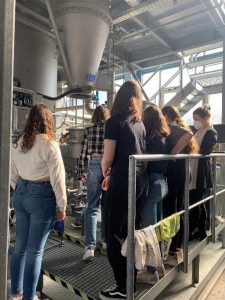
Visit to a pilot plant where particle systems are studied on an intermediate scale.
How does a typical scientist look like? What is a leaky pipeline? How can the differences between female and male researchers be quantified? The documentary film illustrates the situation of US female scientists who work in STEM fields and their experiences with discrimination, sexism and racism in the year 2020. The documentation of the still difficult situation of women in the STEM field was used as a base for discussion between the participants after the movie.
The online workshop was used to exchange ideas between the three partner universities. Core of the discussion was the improvement of future job advertisements in order to become more attractive, especially for women. Subjects for improvement and respective possible strategies were presented.
Speakers
Dr. Anette Hoeschen (Otto von Guericke University Magdeburg)
The workshop “Shall I do a PhD?” took place online on November 4, 2021. Female students, majorly from the field of process engineering, attended the workshop. It had the aim to identify and evaluate the individual personal situation as a starting point for an academic career. Female speakers from the CRC gave a general introduction about the various possibilities of doctorates in Germany, research institutes, work environment, different kinds of work contracts, etc. Special attention was thereby paid to doctorates within a Collaborative Research Center, such as the CRC Bulk Reaction. Dr. Barbara Witter presented the Graduate Academy of the OVGU and Dr. Amanda Dunkel-Grimus held an online workshop for the interested students, with a major focus on reflection and analysis of the personal situation.
Speakers
Dr. Nicole Vorhauer-Huget (Postdoc at Otto von Guericke University)
M.Sc. Afrin Merchant (PhD within the SFB)
Dr. Barbara Witter (Graduate Academy Otto von Guericke University)
Dr. Amanda Dunkel-Grimus (Vienna University of Economics and Business)
Dr. Melanie Kintz (Gender Consulting Otto von Guericke University)
The workshop had the aim to provide an overview about gender equality measures in other European countries as a starting point for the advancement of their own work. Athena SWAN was selected because it is already established in several countries, also outside Europe, and it is recognized as a successful tool with a significant impact on a high professional level.
Athena SWAN (Scientific Women’s Academic Network) is a framework and accreditation system in the UK, established for the promotion of careers of women in the STEMM (science, technology, engineering, mathematics, medicine) field. It is conceptualized to celebrate good practice in higher education and research institutions with the central goal to achieve better work environments.
The speakers introduced the principles of the Athena SWAN charter, presented examples from their universities and discussed their own experiences.
Speakers
Dr. Melanie Kintz (Gender Consulting Otto von Guericke University)
Prof. Berend van Wachem (Otto von Guericke University Magdeburg)
Prof. Moira Dean (Queen’s University Belfast)
Dr. Charikleia Charoula Tzanakou (Oxford Brookes University)
https://www.vst.ovgu.de/Ladies+Night/Retrospektive/Ladies+Night+2021.html
How unconscious thought patterns influence our working world.
The workshop was conceptualized to strengthen the social competences of the PIs, postdocs and students of the CRC. As unconscious biases are independent of gender, nationality or age, the topic was addressed to everyone. The participants learned based on illustrative examples how biases are formed by the unconscious “sieving” and sorting of information. Strategies to overcome biases and to avoid unintentional discrimination were presented and discussed, e.g. by changing the perspectives, avoiding established processes, breaking out of habits, leaving the comfort zone, making new experiences and determining biases.
The workshop was held by a team from EAF Berlin which is a non-profit organization. The participants gave a very positive feedback.

